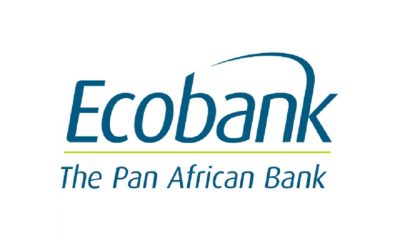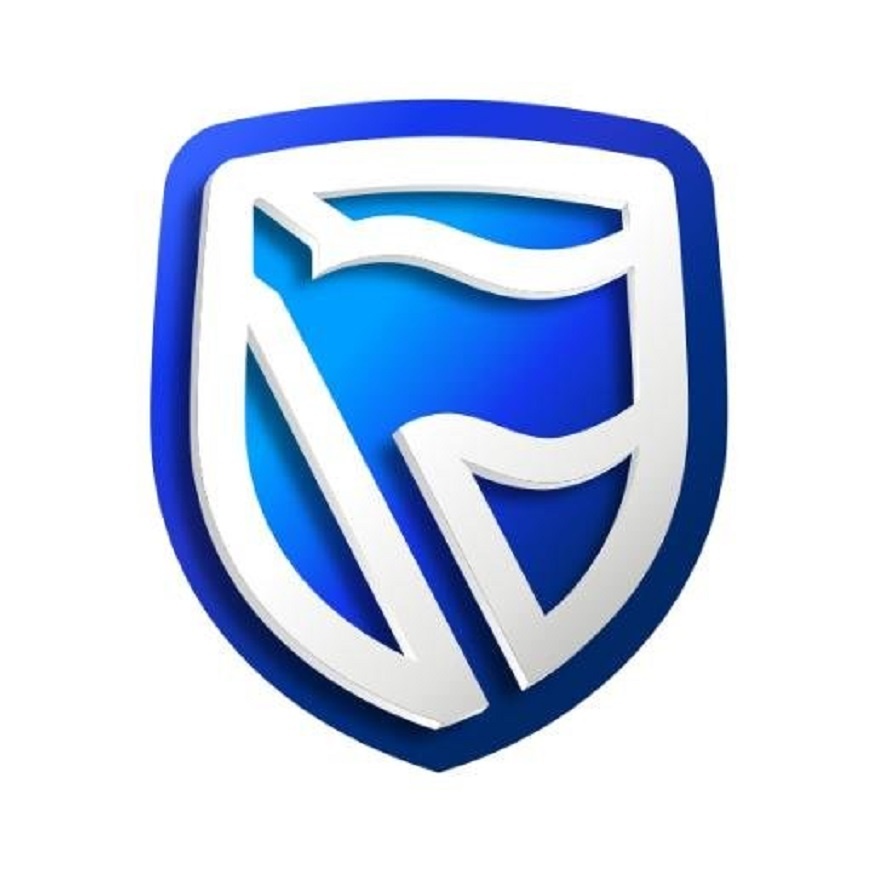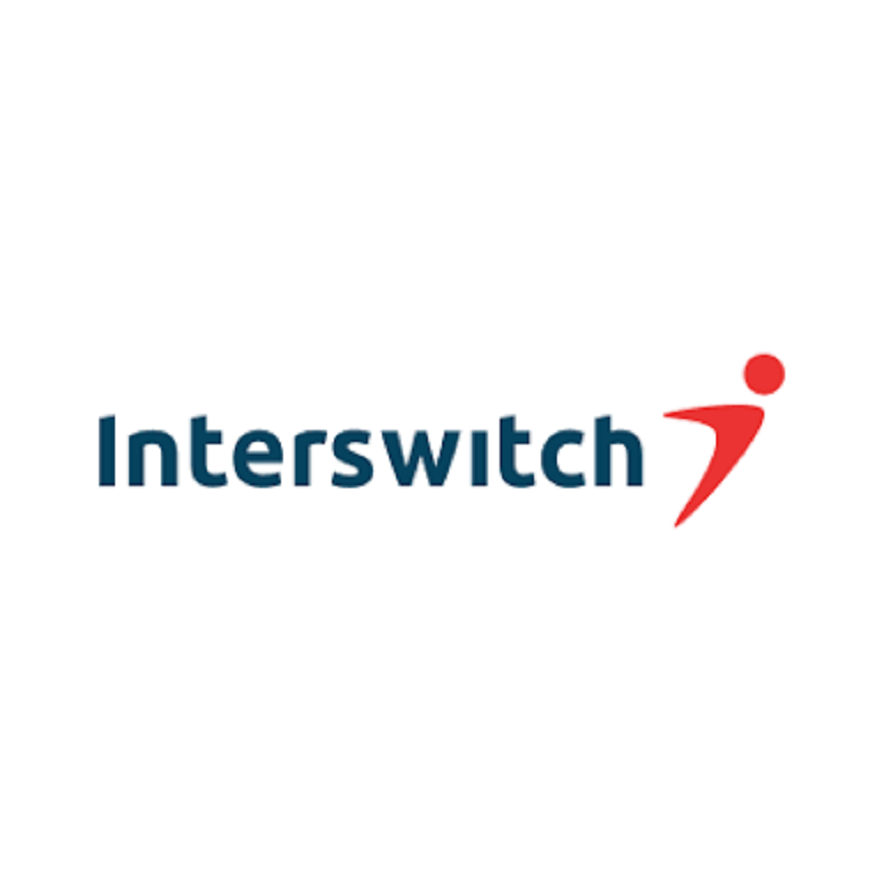Technology
Top Cybersecurity Projects

Introduction
Cybersecurity projects are a great way to learn more about the field and build your portfolio. They can also be fun, challenging, and rewarding—especially when you get to see what you made in action! In this article, we’ll go over some of our favorite cybersecurity projects that will help you start your journey into the industry.
The ethical hacker course from Knowledgehut will help you learn about the latest commercial-grade hacking tools, techniques, and methodologies. Pursue the course to develop cutting-edge skills and explore proven techniques and best practices to begin your career in ethical hacking.
Important Cybersecurity Projects
Some of the important cybersecurity projects are discussed below:
NetSecFocus
NetSecFocus is a community-driven cybersecurity project created as a collection of tools and resources for network security professionals. It uses open-source software where possible, with licensed content available under various licenses. The project is open to contributions from anyone interested in improving the platform by adding new features or reporting bugs.
As a GitHub repository, NetSecFocus provides source code that can be used to build your copy of the site (or just browse it online). The website is hosted using GitHub Pages to promote collaboration by making it easy for any contributor to update content on their computer before pushing changes back into central repositories shared with other contributors.
Kali Linux
Linux distribution Kali Linux was designed to be used for digital forensics and penetration testing, and it is derived from Debian. In addition to Kali Linux, Offensive Security Ltd. also develops commercial counterparts such as BlackArch and BackBox to address security concerns. It is based on Debian’s testing branch, yet at the time of writing, it was updated every three months.
The development team aims to not only provide new features but also fix bugs that they’re aware of or reported through bug trackers in each update release. Kali recently changed its name from BackTrack; both names are being used interchangeably within this article because they essentially refer to the same thing: an OS distribution with lots of hacking tools preinstalled (for example, Metasploit).
Capsule8
Capsule8 is a cloud-based security platform that provides visibility into and protection against threats in the data center. The platform enables you to protect containers, applications, and infrastructure with automatic threat detection, vulnerability scanning, and continuous monitoring of your entire containerized environment. Capsule8 can also monitor your existing Kubernetes clusters, providing security for both new and existing deployments.
Capsule8 provides a single pane of glass for security across your entire infrastructure. Capsule8’s container-native platform enables you to automatically detect and respond to threats in real time, including vulnerabilities, malware, and data breaches. You can also use Capsule8 to continuously monitor your environment for signs of compromise and remediate issues before they become serious problems.
Metasploit Framework
The Metasploit Framework is a tool that helps you find and exploit security vulnerabilities in networks. It is a framework that security professionals, penetration testers, and hackers can use. HD Moore created the Metasploit Framework in 2003 to help automate tasks for network administrators and security consultants, but it has since been expanded to include a huge community that contributes code and new modules all the time.
The Metasploit Framework allows you to write your scripts, called modules. These can be used to perform a wide range of tasks, from scanning for vulnerabilities in a network to exploiting those vulnerabilities and gaining access. The software also comes with a database of pre-written tools that can be used right away.
SUBgraph OS
SUBgraph OS is a Linux-based operating system designed to be resistant to cyberattacks. It was developed by a team of security researchers, who are also the founders of SUBnet Labs, which developed SUBgraph OS as part of their research into information security. The developers describe SUBgraph as “a privacy-focused operating system” protected by “hosted virtualization” and an “isolated hypervisor.”
It means that while it’s based on the Linux kernel like other operating systems (such as Ubuntu), it doesn’t share any code with those other systems. It uses virtualization to create an isolated container where dangerous processes cannot access your data on the hard drive.
Google Grr
Google Grr is a collection of tools that help you detect and respond to advanced threats. The project was released in May 2018 by Google and MITRE with the intent to make the GRR tool available for Linux users.
The open-source GRR project (Github Repo) was created by Maxime Villard and inspired by an idea proposed by John Ellis during a talk at Defcon 2017 titled “Mountain Peak Performance: Achieving Enterprise Security at Scale.”
GRR is an open-source project that aims to provide a secure and reliable environment for anyone who uses Linux in their daily work. GRR is intended to be a complete solution that provides a secure and reliable environment while still being easy to use.
OpenCanary
OpenCanary is a free, open-source application security testing platform. It integrates with the Kubernetes API and the Prometheus monitoring system. OpenCanary can test applications for common vulnerabilities and misconfigurations by generating alerts if it detects something unusual happening in your application. In addition to its native runtime environment, OpenCanary supports other environments such as Slack, GCP Cloud Pub/Sub, AWS Lambda & Zappa.
The ethical hacker course will help you master the five steps of ethical hacking, including reconnaissance, gaining access, enumeration, maintaining access, and covering your tracks.
Cybersecurity projects to learn
- NetSecFocus: A security training platform that teaches cybersecurity basics, so you can dive deeper into specific areas of interest.
- Kali Linux: A Linux distribution used for penetration testing and security auditing because it contains hundreds of tools specifically designed for hacking, cracking, and information security research.
- Capsule8: An agentless network security platform that provides real-time visibility into threats across applications and infrastructure devices to enable an adaptive response to attacks.
- Metasploit Framework: An open-source framework used by many hackers for penetration testing purposes or simply checking whether their system has any vulnerabilities before being exploited by malicious actors online (or even by themselves).
- SUBgraph OS: A secure operating system designed from the ground up using various open-source tools focused on privacy protection, including support for hardware-based memory encryption (Intel SGX).
Conclusion
There are many cybersecurity projects that can be carried out by a team of professionals. In conclusion, many different types of cybersecurity projects can be undertaken in your organization to ensure safety from cyberattacks and other threats. The best part about these solutions is that they can be implemented without any hassles or complications at all. Opt for the ethical hacker course offered by Knowledgehut and learn ethical hacking from scratch with the comprehensive course material to become a skilled ethical hacker.
FAQs
Q1. What are current trending topics in cybersecurity?
Ans. Photos, financial transactions, emails, and texts have more potential for posing a threat to individuals than they have ever been before. Viruses or malware installed on smartphones may be one of the trends that capture the attention of cybersecurity experts in 2023.
Q2. Which country is best in cybersecurity?
Ans. Three countries have the greatest capability when it comes to cyber surveillance: China, the United States, and Russia.
Q3. What are the most common cyber-attacks in 2022?
Ans. According to an analysis of attack vectors, credential theft remains the most common attack vector, followed by phishing, misconfigured clouds, and third-party vulnerabilities. When considering how long it takes to detect and contain each type of compromise, it becomes clear how important it is to prevent these attacks.
Q4. What is the largest hack in history?
Ans. In terms of cost and destructiveness, it is considered the biggest hack in history. This attack was apparently carried out by an Iranian attack group known as the cutting sword of justice. Iranian hackers retaliated against Stuxnet with the release of Shamoon. Saudi Aramco was impacted for months by the malware, which destroyed more than 35,000 computers.
Technology
Leticia Otomewo Becomes Secure Electronic Technology’s Acting Secretary

By Aduragbemi Omiyale
One of the players in the Nigerian gaming industry, Secure Electronic Technology (SET) Plc, has appointed Ms Leticia Otomewo as its acting secretary.
This followed the expiration of the company’s service contract with the former occupier of the seat, Ms Irene Attoe, on January 31, 2026.
A statement to the Nigerian Exchange (NGX) Limited on Thursday said Ms Otomewo would remain the organisation’s scribe in an acting capacity, pending the ratification and appointment of a substantive company secretary at the next board meeting.
She was described in the notice signed by the Managing Director of the firm, Mr Oyeyemi Olusoji, as “a results-driven executive with 22 years of experience in driving business growth, leading high-performing teams, and delivering innovative solutions.”
The acting secretary is also said to be “a collaborative leader with a passion for mentoring and developing talent.”
“The company assures the investing public that all Company Secretariat responsibilities and regulatory obligations will continue to be discharged in full compliance with the Companies and Allied Matters Act, applicable regulations, and the Nigerian Exchange Limited Listing Rules,” the disclosure assured.
Meanwhile, the board thanked Ms Attoe “for professionalism and contributions to the Company during the period of her engagement and wishes her well in her future endeavours.”
Technology
Russia Blocks WhatsApp Messaging Service

By Adedapo Adesanya
The Russian government on Thursday confirmed it has blocked the WhatsApp messaging service, as it moves to further control information flow in the country.
It urged Russians to use a new state-backed platform called Max instead of the Meta-owned service.
WhatsApp issued a statement earlier saying Russia had attempted to “fully block” its messaging service in the country to force people toward Max, which it described as a “surveillance app.”
“Today the Russian government attempted to fully block WhatsApp in an effort to drive people to a state-owned surveillance app,” WhatsApp posted on social media platform X.
“Trying to isolate over 100 million users from private and secure communication is a backwards step and can only lead to less safety for people in Russia,” it said, adding: “We continue to do everything we can to keep users connected.”
Russia’s latest move against social media platforms and messaging services like WhatsApp, Signal and Telegram comes amid a wider attempt to drive users toward domestic and more easily controlled and monitored services, such as Max.
Russia’s telecoms watchdog, Roskomnadzor, has accused messaging apps Telegram and WhatsApp of failing to comply with Russian legislation requiring companies to store Russian users’ data inside the country, and of failing to introduce measures to stop their platforms from being used for allegedly criminal or terrorist purposes.
It has used this as a basis for slowing down or blocking their operations, with restrictions coming into force since last year.
For Telegram, it may be next, but so far the Russian government has been admittedly slowing down its operations “due to the fact that the company isn’t complying with the requirements of Russian legislation.”
The chat service, founded by Russian developers but headquartered in Dubai, has been a principal target for Roskomnadzor’s scrutiny and increasing restrictions, with users reporting sluggish performance on the app since January.
Technology
Nigerian AI Startup Decide Ranks Fourth Globally for Spreadsheet Accuracy

By Adedapo Adesanya
Nigerian startup, Decide, has emerged as the fourth most accurate Artificial Intelligence (AI) agent for spreadsheet tasks globally, according to results from SpreadsheetBench, a widely referenced benchmark for evaluating AI performance on real-world spreadsheet problems.
According to the founder, Mr Abiodun Adetona, the ranking places Decide alongside well-funded global AI startups, including Microsoft, OpenAI, and Anthropic.
Mr Adetona, an ex-Flutterwave developer, also revealed that Decide now has over 3,000 users, including some who are paying customers, a signal to the ability of the startup to scale in the near future.
SpreadsheetBench is a comprehensive evaluation framework designed to push Large Language Models (LLMs) to their limits in understanding and manipulating spreadsheet data. While many benchmarks focus on simple table QA, SpreadsheetBench treats a spreadsheet as a complex ecosystem involving spatial layouts, formulas, and multi-step reasoning. So far, only three agents rank higher than Decide, namely Nobie Agent, Shortcut.ai, and Qingqiu Agent.
Mr Adetona said SpreadsheetBench measures how well AI agents can handle practical spreadsheet tasks such as writing formulas, cleaning messy data, working across multiple sheets, and reasoning through complex Excel workflows. Decide recorded an 82.5% accuracy score, solving 330 out of 400 verified tasks.
“The result reflects sustained investment in applied research, product iteration, and learning from real-world spreadsheet workloads across a wide range of use cases,” Mr Adetona told Business Post.
For Mr Adetona, who built Decide out of frustration with how much time professionals spend manually cleaning data, debugging formulas, and moving between sheets, “This milestone highlights how focused engineering and domain-specific AI development can deliver frontier-level performance outside of large research organisations. By concentrating on practical business data problems and building systems grounded in real user environments, we believe smaller teams can contribute meaningfully to advancing applied AI.”
“For Decide, this is a foundation for continued progress in intelligent spreadsheet and analytics automation,” he added.
-

 Feature/OPED6 years ago
Feature/OPED6 years agoDavos was Different this year
-
Travel/Tourism10 years ago
Lagos Seals Western Lodge Hotel In Ikorodu
-

 Showbiz3 years ago
Showbiz3 years agoEstranged Lover Releases Videos of Empress Njamah Bathing
-

 Banking8 years ago
Banking8 years agoSort Codes of GTBank Branches in Nigeria
-

 Economy3 years ago
Economy3 years agoSubsidy Removal: CNG at N130 Per Litre Cheaper Than Petrol—IPMAN
-

 Banking3 years ago
Banking3 years agoSort Codes of UBA Branches in Nigeria
-

 Banking3 years ago
Banking3 years agoFirst Bank Announces Planned Downtime
-

 Sports3 years ago
Sports3 years agoHighest Paid Nigerian Footballer – How Much Do Nigerian Footballers Earn






















1 Comment